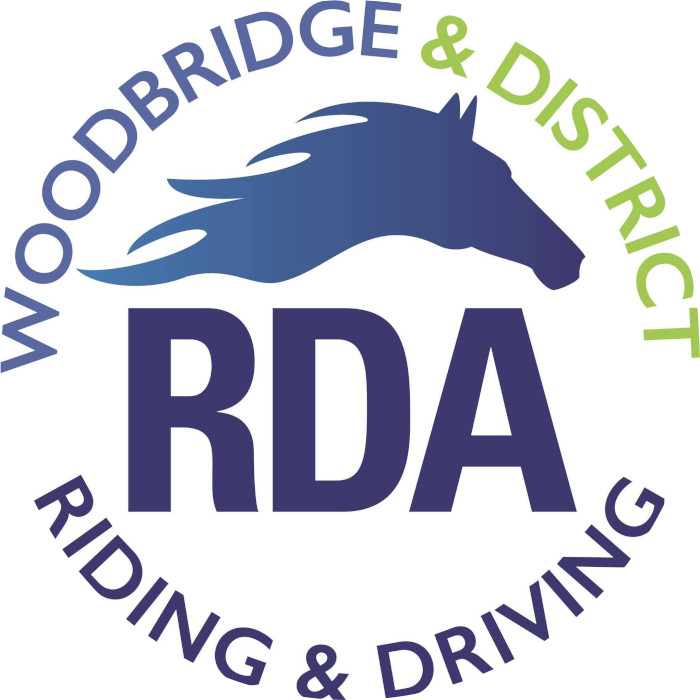Horse Care Case Study
When the pandemic struck and was at its highest point, the residents of the Tru Care assisted living facility in Saxmundham faced many challenges. Routine is paramount for those who live there and, as a support worker described it, ‘life was turned upside down.’Part of the carefully structured stability was the regular opportunity to attend riding sessions at Woodbridge & District RDA. When this was no longer possible, the residents felt bereft. There was immense excitement when Claire Hinitt, yard manager, was able to offer Pony Time sessions for the residents. This was a chance to regain some routine and learn a range of new skills in the process.
Residents at Tru Care are supported to live as independently as possible and to develop skills that aid them in this endeavour. Groups have been attending sessions at Woodbridge & District RDA for over a decade. The positive impact over time has so clearly been seen that this chance to return was eagerly seized upon.
The strength of this long-established relationship is evident in a statement made by a support worker accompanying a group, who said, ‘Claire and her volunteers recognise each person as an individual with their own needs. No-one is “put in a box” and there are no set expectations. Everything done here is bespoke and everyone achieves. They are learning skills without realising it’.
For those who do not wish to ride, they can concentrate on Horse Care and Stable Management. Designed to have a positive impact on physical as well as mental wellbeing and aligned with the RDA UK ‘Learning through Horses’ programme, these activities celebrate achievement at all levels of ability. Participants learn about grooming, horse health and daily care and how to put a bridle on. The buckles, straps and keepers can be fiddly and so help to develop fine motor skills. A group member asked a thoughtful question about whether the bit hurts a horse’s mouth. (In case you are wondering - it doesn’t!) There then ensued a conversation about where a horse’s teeth are placed.
For those who do not wish to ride, they can concentrate on Horse Care and Stable Management. Designed to have a positive impact on physical as well as mental wellbeing and aligned with the RDA UK ‘Learning through Horses’ programme, these activities celebrate achievement at all levels of ability. Participants learn about grooming, horse health and daily care and how to put a bridle on. The buckles, straps and keepers can be fiddly and so help to develop fine motor skills. A group member asked a thoughtful question about whether the bit hurts a horse’s mouth. (In case you are wondering - it doesn’t!) There then ensued a conversation about where a horse’s teeth are placed.
At the end of their 6-week course the participants’ hard work is rewarded with a much prized RDA proficiency certificate, badge and rosette. When asked what they get from these sessions, the responses included, ’It has given me so much confidence’ and ‘I get to bond with my pony’.
Some are looking forward to mounting up once more and being in the saddle again, while others are happy to carry on grooming and bonding - with their feet firmly on the ground. For some residents, these activities are not options for a variety of reasons. For them, carriage driving will soon return. A support worker spoke of a resident who suffers from extreme anxiety and is permanently in a very tense state. However, once in the carriage, she constantly smiles and is visibly more relaxed afterwards. The benefits she has received from this activity have been immense.
Some are looking forward to mounting up once more and being in the saddle again, while others are happy to carry on grooming and bonding - with their feet firmly on the ground. For some residents, these activities are not options for a variety of reasons. For them, carriage driving will soon return. A support worker spoke of a resident who suffers from extreme anxiety and is permanently in a very tense state. However, once in the carriage, she constantly smiles and is visibly more relaxed afterwards. The benefits she has received from this activity have been immense.
The work done behind the scenes by Claire to ensure that everyone is kept safe, learns a great deal and enjoys the sessions has not gone unnoticed by those who attend. Support workers have commented on the way that volunteers treat residents with dignity and respect and, one of those attending a recent Pony Time session proclaimed, ‘I am proud of our teacher; she looks after us all. We are not just plonked on a horse’. Such positive feedback is always good to hear and helps everyone involved with Woodbridge and District RDA to continue to strive for positive outcomes for all.
© 2021 RDA (Woodbridge & District Group)



